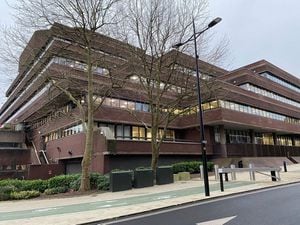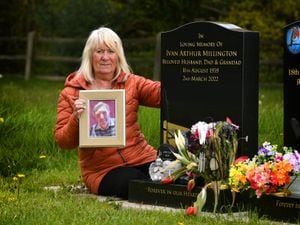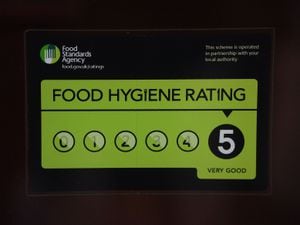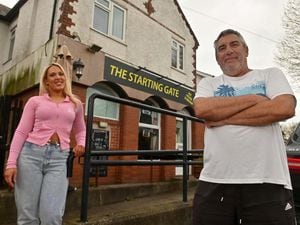Wolverhampton council tax rise will see average household pay just over £2,000 a year
Wolverhampton Council has voted to increase council tax by just under five per cent next year.

A council meeting approved a budget proposed by the controlling Labour group, which will see a 4.99 per cent increase in the tax – the maximum allowed without going to a public vote.
The rise will see the occupants of an average band D property pay £2,004.27 a year from April 2024 before additional precepts for fire and police are taken into account.
The Conservative opposition tabled an amendment proposing free car parking at weekends, more money for pruning trees, and the reintroduction of street wardens.
Conservative finance spokesman Councillor Udey Singh said this would be funded by merging council departments, reducing the number of senior staff, and cutting the number of local elections to a four-year-cycle.
While the amendment was support by independent Councillor Celia Hibbert, it was defeated by the Labour group.

Councillor Hibbert said she particularly supported reducing the frequency of elections.
She said: "Every single thing has been cut back, including serious necessities like bin collections.
"It appears the only thing that hasn't been cut back, or considered to be cut back, is the frequency of local elections.
"It feels like we are carrying out more local elections than bin collections."
Councillor Stephen Simkins, leader of Wolverhampton Council, said the council had been forced into making difficult choices by 14 years of austerity.
He said costs of social care had risen by 81 per cent since 2015.
"This year, 95 per cent of councils with social care responsibilities are raising the council tax by the maximum amount," said Councillor Simkins.
But Councillor Wendy Thompson, leader of the Conservative group, said the only reason the council had pegged its council tax rise to 4.99 per cent was the cap imposed by central government.
Councillor Louise Miles, cabinet member for resources, said the budget would invest in young people and deliver services.





